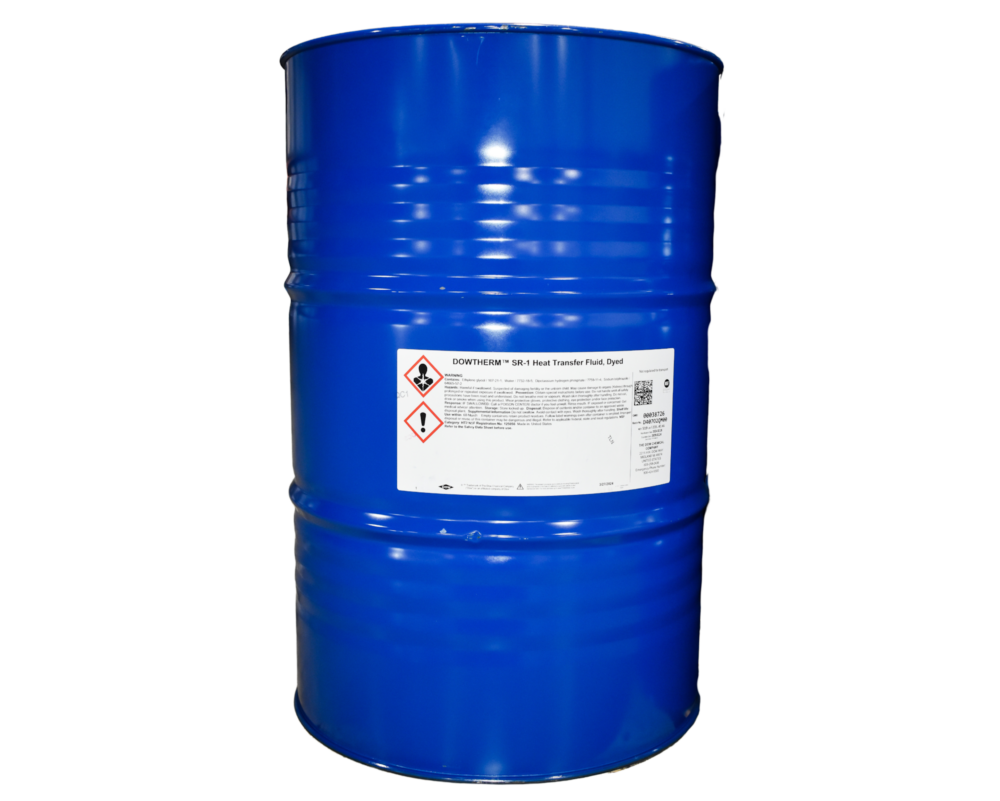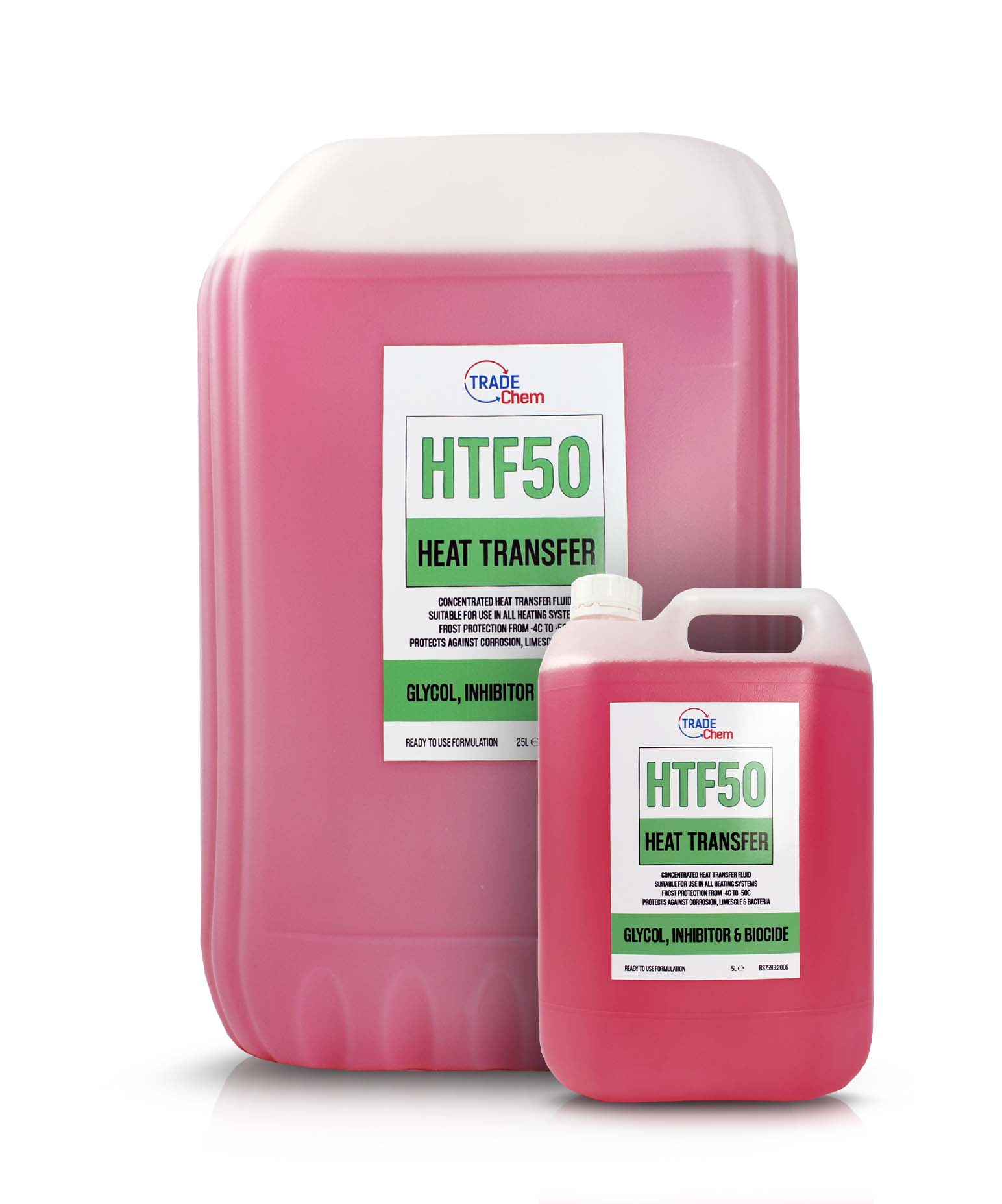Exactly How Warm Transfer Liquid Contributes to Sustainable and Cost-efficient Procedures
In the modern-day commercial landscape, the role of warmth transfer liquids (HTFs) in promoting sustainable and cost-effective procedures can not be overemphasized. These liquids are critical in enhancing thermal management systems, thus considerably boosting energy efficiency and decreasing operational prices. heat transfer fluid. The environmental benefits of advanced HTFs, with their high thermal stability and low poisoning, are obvious.
Comprehending Warmth Transfer Fluids
In the world of thermal administration, heat transfer fluids (HTFs) offer as essential agents for transferring thermal energy from one place to one more. These fluids play an essential function in various industrial applications, including chemical handling, power generation, and a/c systems. HTFs are especially engineered to run within a wide variety of temperatures, effectively promoting the transfer of warm while keeping a steady thermal account. Their capability to operate under severe conditions-- whether high temperatures or cryogenic degrees-- makes them indispensable in atmospheres demanding specific thermal control.
The make-up of warmth transfer fluids can differ considerably, consisting of options such as mineral oils, artificial oils, glycols, and molten salts. Each type uses unique benefits, such as improved thermal stability, reduced viscosity, and high boiling points, which are selected based on details operational requirements. Additionally, the choice of HTF effects not only the efficiency of warmth transfer but likewise the long life and safety of the system in which it is utilized.
As sectors continue to innovate, the growth of innovative HTFs, identified by their boosted thermal conductivity and minimized ecological influence, is essential for satisfying the demands of contemporary thermal monitoring challenges.

Enhancing Energy Effectiveness

Improving energy effectiveness has actually ended up being an extremely important concern across various sectors, motivating a better examination of warm transfer fluids' function in maximizing thermal management systems. These fluids are indispensable to keeping the preferred temperature level in procedures, therefore lessening energy waste and improving total system performance. By picking an ideal heat transfer liquid, sectors can substantially improve their power efficiency, resulting in decreased energy consumption.

Advanced formulas of heat transfer liquids have actually been created to withstand severe temperatures while preserving stability and performance. These innovations extend the functional life expectancy of the liquid, reducing the regularity of replacements and energy-intensive upkeep tasks. In addition, using artificial or bio-based fluids supplies fringe benefits in regards to lowered environmental influence, aligning with global sustainability goals. Subsequently, improving power efficiency through optimum heat transfer fluid option is not just a technical necessity however also an environmental crucial.
Minimizing Functional Costs
Operational costs are a substantial consideration for industries looking for to keep competitive benefit, and the choice of heat transfer fluid plays a critical role in expense management. Picking an appropriate warm transfer liquid can cause considerable expense savings by boosting system efficiency and decreasing power intake. High-performance fluids minimize thermal destruction, which subsequently reduces the regularity of fluid substitute and downtime linked with maintenance, consequently decreasing functional expenses.
Additionally, warmth transfer liquids with premium thermal stability and deterioration resistance expand the lifespan of equipment. This decreases the requirement for constant fixings and substitutes, which can be expensive and disruptive to procedures. By buying high-grade fluids, markets can achieve lasting decreases in upkeep prices and improve the integrity of their systems.
Furthermore, advanced warm transfer liquids usually exhibit lower thickness at running temperatures, which boosts pump effectiveness and reduces power use in liquid flow. This optimization of power intake straight converts right into reduced operational costs. Several modern-day warm transfer fluids are crafted to operate efficiently over a vast temperature level range, decreasing the requirement for multiple fluid kinds, therefore improving inventory demands and lowering associated costs. These factors collectively add to more sustainable and cost-effective procedures.
Environmental Effect Decrease
The press in the direction of lowering ecological influence has gained energy in markets leveraging heat transfer liquids. Warm transfer liquids (HTFs) play a crucial role in this transition, supplying chances to improve power performance and lower exhausts - heat transfer fluid.
Furthermore, making use of innovative heat transfer fluids adds to enhanced system performance, find more minimizing the overall energy consumption. This decrease not only leads to expense savings yet click here for info also lowers co2 exhausts, aiding in the fight versus climate change. Fluids that are biodegradable and recyclable better improve sustainability initiatives, as they diminish waste and promote round economic climate methods.
Additionally, including HTFs right into closed-loop systems prevents fluid loss and contamination of the surrounding environment. This approach makes sure that fluids are recycled, reducing the need for brand-new resources and limiting waste generation. By accepting these eco mindful techniques, industries can significantly diminish their environmental influence while maintaining high functional efficiency, straightening with worldwide sustainability objectives and regulative needs.
Picking the Right HTF
Picking the proper heat transfer liquid (HTF) is an essential action in progressing ecological sustainability within industrial processes. The choice of HTF directly influences system performance, energy usage, and ecological impact. An excellent HTF must have a high thermal capacity, low viscosity, and high thermal conductivity to make certain reliable heat transfer. Additionally, its stability over a wide temperature array is vital to avoid destruction, which can cause enhanced discharges and waste.
When selecting an HTF, it is crucial to consider its compatibility with system products to avoid rust and chemical responses. This guarantees long life and lowers maintenance expenses. The liquid must be safe and naturally degradable, lessening its eco-friendly impact and ensuring conformity with ecological guidelines. The lifecycle cost of the HTF, encompassing acquisition, dig this operation, and disposal, should also be assessed to make certain economic expediency.
Final Thought
